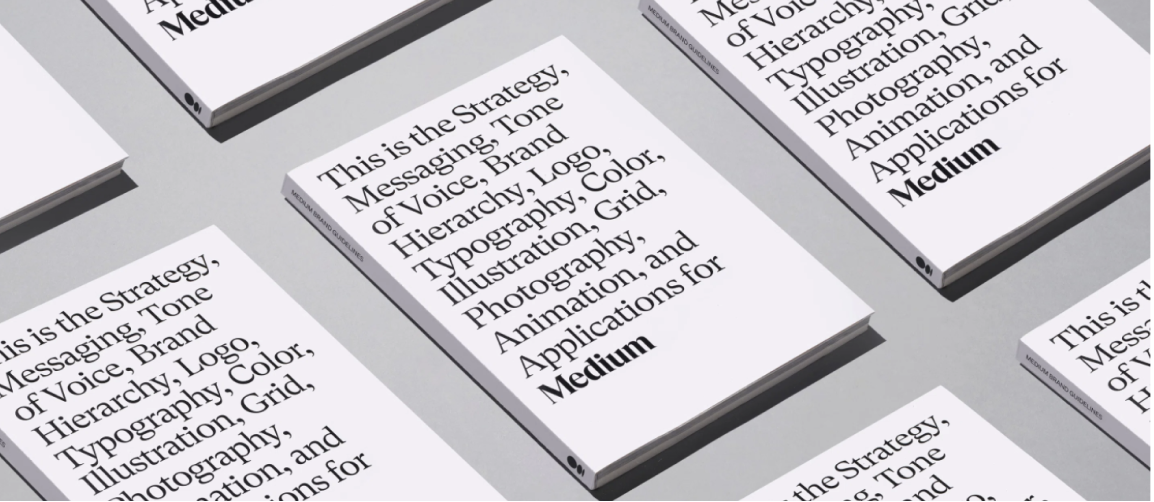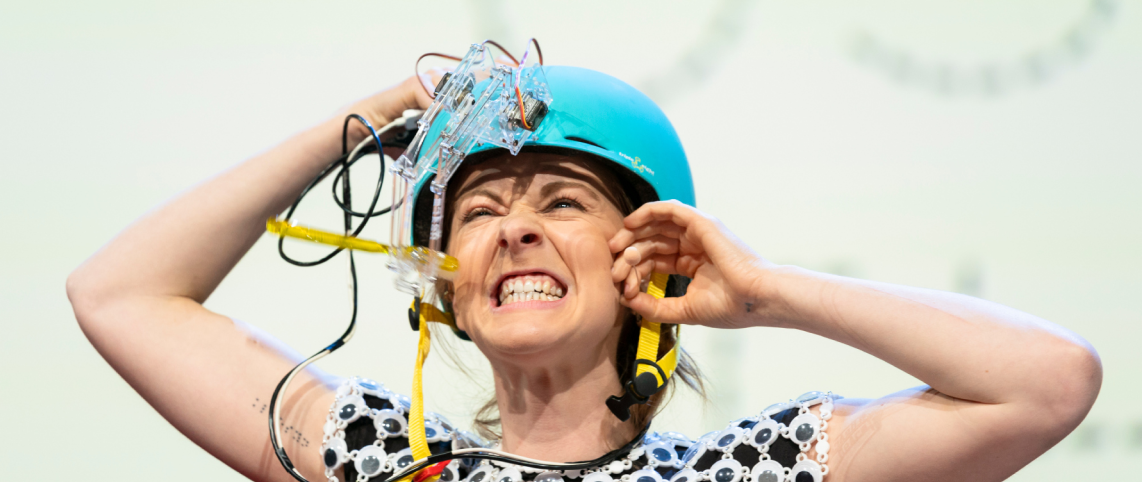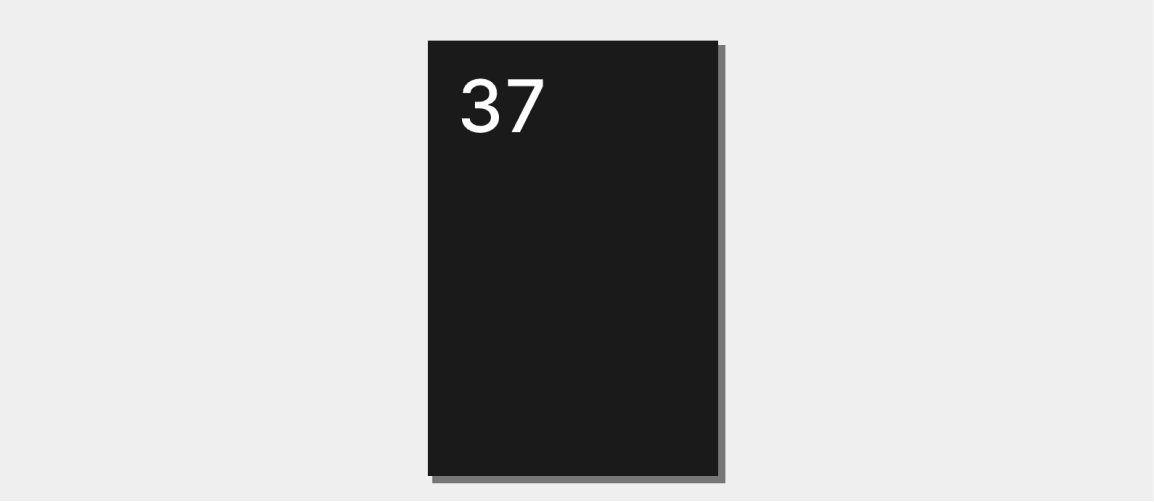- |
- |

No matter what hemisphere you’re in, change is happening. Whether it’s changing of the seasons, changing of restrictions or the changing of political parties, it’s here. The flowers are blooming, the leaves are falling; change of scenery is taking place.
If this year has taught us anything, it’s to be ready for everything, especially change. From Medium re-branding and building new foundations—like many other businesses this year—to Excel warriors saving the world from spreadsheet disaster, much like our front-line workers, we have experienced change both good and bad.
This month, Rachel Antoniadou has curated Super8 with a little bit of change in mind. In October, you’ll learn to change how you learn, you’ll steal from developers and take notice of your carbon impact.
We hope these eight intriguing articles inspire the possibility of change, so sit back and get lost in this month’s Super8.
1. 19 things I stole from great developers.

- Read the full article here.
- Article by: Daniel Anderson.
- Contributed by: Sergio Moreira.
In this piece, Daniel Anderson highlights the 19 things he stole from other developers. Well, stole from their way of thinking, that is.
From making Google your best friend to asking questions, the tools, tricks and tips of the developer trade can be used for more than coding.
So, steal a tip—or 19—so we can continue to thrive in the big wide world that is the web.
2. Medium’s rebrand by Collins uses typography as a ‘building block’ for illustrations.

- Read the full article here.
- Article by: Jenny Bewer.
- Contributed by: Bridget Noonan.
With a global platform of over 170 million users, Medium has changed its course. Less ad-fuelled clickbait and more supportive dialogue, especially when it comes to the connection between readers and writers.
Using words to form the new imagery, Medium has created a globe of language, an inverted comma made of only letters, and intertwined the alphabet with photography.
“Each image has a unique subtext tied to the concept it’s representing,” states Karene Tropen, the VP of Medium’s marketing. The new illustrations demonstrate exactly what happens on Medium—where language is used to clarify and expand ideas.
3. Meet the Excel warriors saving the world from spreadsheet disaster.

- Read the full article here.
- Article by: Nicole Kobie.
- Contributed by: Rowan Barnes.
Without a doubt, spreadsheets run the world. From payrolls to schedules and everything in between, it seems that there is almost nothing a spreadsheet can’t do.
However, when they break—chaos ensues. But there’s a certain, superhuman race of people who save the day when they do.
This piece will make you grateful for the spreadsheet guru in your life, especially when you realise the stakes and what’s involved when saving the digital day.
4. To handle increased stress, build your resilience.

- Read the full article here.
- Article by: Ama Marston + Stephanie Marston.
- Contributed by: Rachel Antoniadou.
Aside from the pandemic, stress has been a top talking point in this turbulent year; more importantly, how we can learn to handle it.
When it comes to handling stress, Ama and Stephanie Marston remind us that we must start with ourselves: we are our own most effective and powerful resource.
We’re reminded that we can only control the controllables. We can learn from every and any situation. And we can always aim to find the root cause of our stress, whilst still building our resilience at the same time.
5. Why you should make useless things.

- Watch the full video here.
- Article by: Simone Giertz.
- Contributed by: Sarah El-Atm.
In this joyful, heartfelt talk, Simone Giertz’s curiosity and craft shines through. From drones that cut hair to devices designed to help you wake up, Simone’s engineering skills are on full display—even if they are used to make ‘useless things’.
Simone clearly has an honest understanding when it comes to the beauty of making such useless things. This TED talk is an acknowledgement that you don’t and won’t always know the answer, but at least you’re asking the question.
6. Web design and carbon impact.

- Read the full article here.
- Article by: Carl MH Barenbrug.
- Contributed by: Tim Copland.
We care about accessible design, quality code, and compelling content.
But how do we make the web more energy efficient?
Every bit of electricity consumed creates a carbon emission. The internet already consumes around 10% of global electricity production, which in the scheme of things, is a lot. Especially when so few people may actually be aware of it.
This piece highlights the carbon impact of web design and how insights into how we can revise our approach to better serve the planet.
7. Dietar Rams: ten principles for good design.

- Read the full article here.
- Article by: Shuffle magazine.
- Contributed by: Natasha Maiselman.
In the late 1970s, Dieter Rams was becoming increasingly concerned by the state of the world around him. He described it as ‘an impenetrable confusion of forms, colours and noises.’ So, instead of waiting for a solution, he asked the question: ‘Is my design good design?’
Instead of finding ways to measure his design success, Dieter created the ten principles, or commandments, of ‘good design’.
Absorb, admire or attempt one—or all ten—the next time you want to design for success.
8. To be a successful web developer you need to learn how to learn.

- Read the full article here.
- Article by: Rob Doyle.
- Contributed by: Kurt Smith.
We have all been Rob Doyle. Sitting in a lecture, class, workshop or meeting, and thinking that we’ve absorbed every bit of information; only to realise a few weeks or months later that we actually know nothing.
Here, Rob highlights the difference between active and passive learning, especially in the world of developers.
However, it’s comforting to know that you don’t have to be a developer to adapt the mindset of being on ongoing learner, you simply have to learn how to learn.
More Articles
Up for some more?
Get your monthly fix of August happenings and our curated Super8 delivered straight to your inbox.
Thanks for signing up.
Stay tuned, the next one isn't far away.
Return to the blog.
